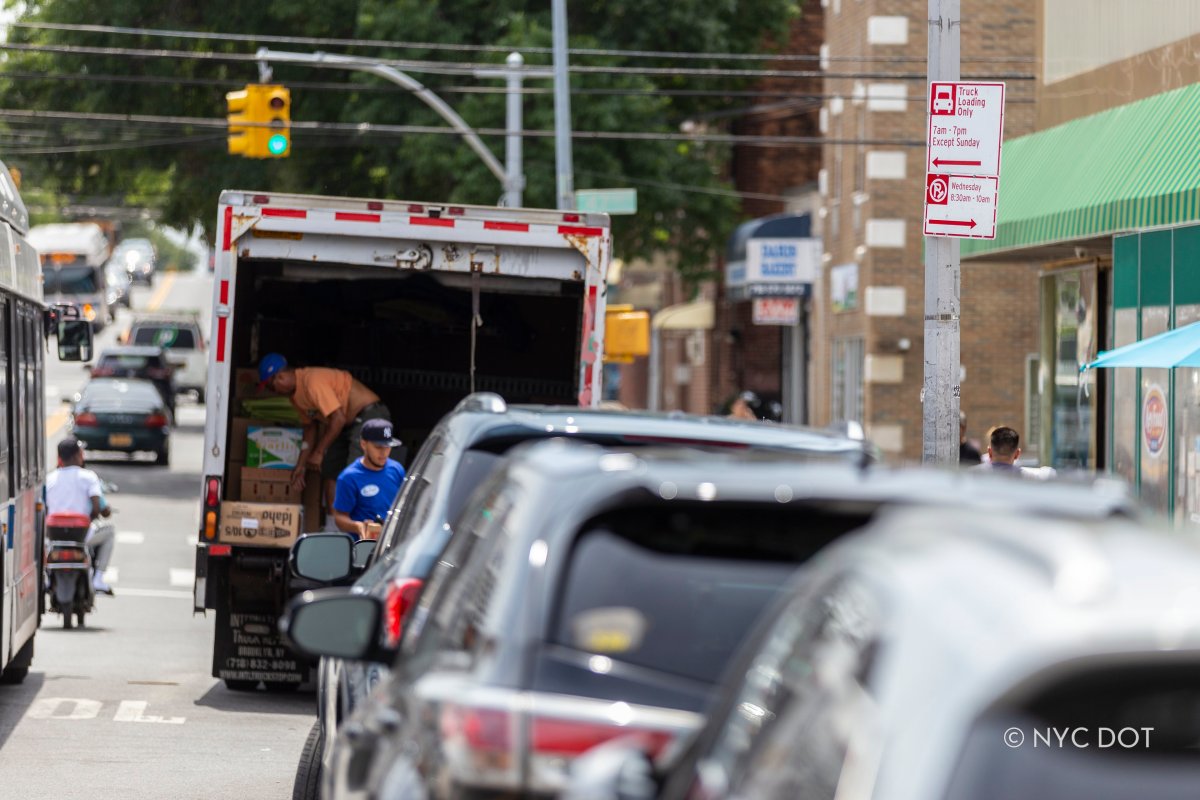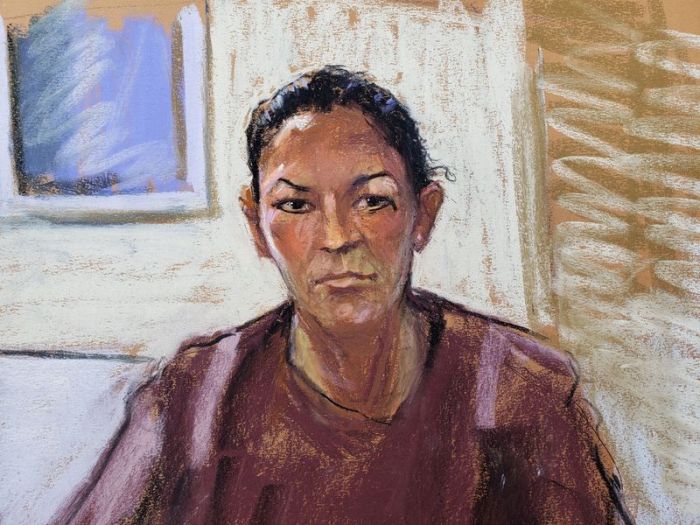TORONTO (Reuters) – The Canadian province of Ontario will begin offering AstraZeneca’s COVID-19 vaccine on Tuesday to people turning 40 or older this year, according to a government source.
The change will broaden access to vaccines as a third wave of infections threatens to overwhelm hospitals in Canada’s most-populous province, and should make it easier to use doses that in some cases have been accumulating at pharmacies.
The change will be announced on Monday and go into effect across the province on Tuesday, according to the source. The vaccine has already been distributed to pharmacies but currently can only be given to people turning 55 or older this year.
Ontario announced new public health measures on Friday, promising checkpoints at provincial borders, new police powers and closing outdoor amenities, while leaving many workplaces open. The measures were widely criticized by doctors and public health experts, and the province quickly reopened playgrounds and modified the new police powers.
On March 29, Health Canada said it would review reports of serious blood clots and bleeding in a small number of people who had received the AstraZeneca vaccine in other countries, and an independent panel called the National Advisory Council on Immunization (NACI) recommended that it only be given to people 55 and older. All provinces followed that advice.
But NACI’s recommendations are not binding. Last week, Health Canada, the country’s drug regulator, said it had reviewed all available evidence and would not restrict the use of the vaccine, because its benefits outweigh its potential risks. Health Canada said at the time that NACI was reviewing its recommendations.
On Sunday, NACI’s chair told Reuters that the panel would make a new recommendation on Tuesday.
Health Canada said regulators in the UK had estimated the risk of clots to be very small, roughly four in a million people who receive the vaccine. It also said the complication was treatable. Two people have developed it in Canada, and both are recovering.
Several other countries have limited the use of the vaccine to older people. Denmark has withdrawn the shot, and Norway said on Thursday it would take more time to decide whether to resume use.
Ontario reported 4,250 new cases of COVID-19 on Sunday. The Ontario Hospital Association said 59 patients were admitted to intensive care on Saturday, bringing the number of COVID-19 patients in ICUs to 737.
Health Canada says those who receive the vaccine should seek medical attention immediately if they experience shortness of breath, chest pain, leg swelling, persistent belly pain, neurological symptoms like severe headaches or blurred vision, or skin bruising or tiny blood spots under the skin beyond the site of the injection.
(Reporting by Allison Martell; Editing by Diane Craft and Peter Cooney)























